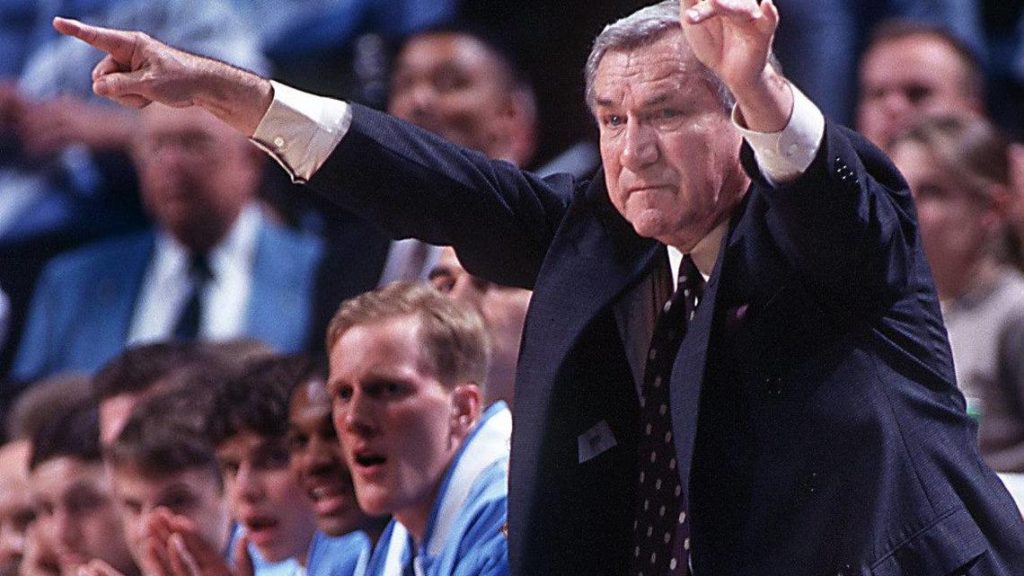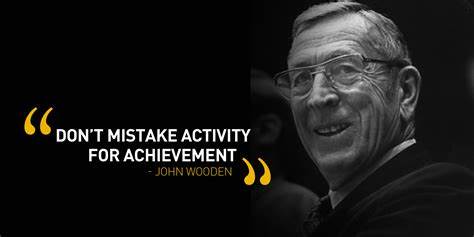welcome to the dean's den
Coach Dean Smith is called a “coaching legend” by the Naismith Basketball Hall of Fame. Known as the coach who cultured Michael Jordan and launched him on his path to become the greatest player of the game, won two national championships, appeared in 11 Final Fours, and won 879 games in his tenure at the University of North Carolina, Dean Smith’s legacy is in the values he imparted to his players and the game itself that place him in penultimate class as one of the greatest coaches of all time.
Skyy2Win is pleased to present Dean’s Den as a place and resource where coaches and players can unlock their greatest potential and hone their skills in both coaching and playing the game and applying those values to optimum personal growth and success in life. Check out the links, articles and videos that you will find help both helpful and inspiring!








